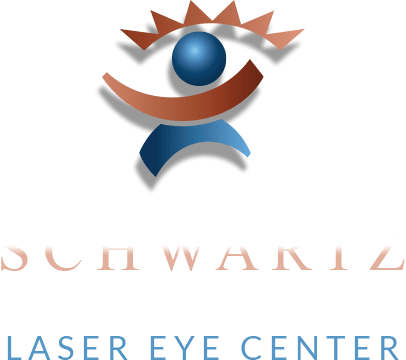Can Cataracts Come Back after Surgery?
Posted on October 21, 2021 by Schwartz Laser - Cataracts

Have you had cataract surgery? Are you now experiencing a vision change? If you have had cataract surgery and are experiencing a vision change, you may be wondering: “Can cataracts come back after surgery?” Read on as Dr. Jay Schwartz and the team at the Schwartz Laser Eye Center discuss cataract surgery and whether cataracts can come back after surgery.
What Is a Cataract?
A cataract is a clouding of the eye’s lens. This clouding blocks incoming light from properly focusing on the retina. Cataracts can cause different symptoms and impact different portions of the lens.
How Are Cataracts Treated?
The only treatment for cataracts is surgical removal. During cataract surgery, the cataract-damaged lens is removed from the eye. The surgeon then replaces the damaged lens with an artificial intraocular lens.
Can Cataracts Come Back After Surgery?
No, cataracts cannot come back after surgery. The artificial intraocular lens cannot grow a cataract. However, after surgery the lens capsule may become cloudy. This can lead to blurry vision, creating symptoms similar to cataracts.
Symptoms can occur months or years after surgery. This condition is sometimes called a “secondary cataract.” It is actually posterior capsular opacification. While posterior capsular opacification is the most common complication after cataract surgery, it only occurs in a minority of patients.
How Is Posterior Capsular Opacification Treated?
If you are among the minority of patients experiencing cloudy or blurry vision after cataract surgery, you should speak to an experienced ophthalmologist. An experienced ophthalmologist will conduct an examination and determine if your symptoms are due to posterior capsular opacification.
If your ophthalmologist determines that posterior capsular opacification is causing your symptoms, then they may recommend treatment. Treatment for posterior capsular opacification can be done quickly and with little to no pain. During treatment, the ophthalmologist uses a special laser to make a small opening in the posterior capsule. This clears the clouded membrane and allows light to pass through. After the procedure, your vision should be restored. Most patients are able to return to their regular activities immediately.
Posterior Capsular Opacification Care You Can Trust
Have you had cataract surgery? Are you experiencing blurry or hazy vision? Do not let posterior capsule opacification interfere with your daily life. The team at Schwartz Laser Eye Center is proud to offer expert care for posterior capsule opacification.
For more information about posterior capsule opacification, schedule a consultation with our practice today. Call or email the Schwartz Laser Eye Center to request an appointment.


